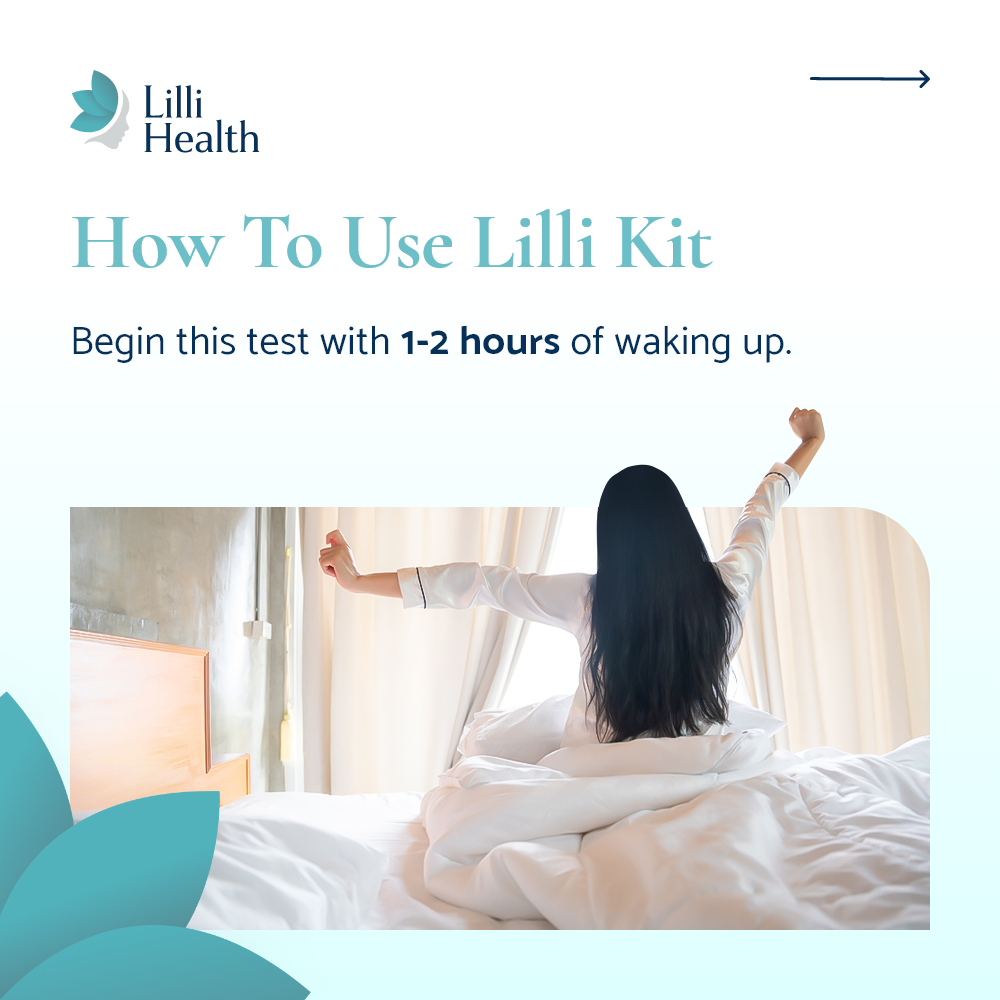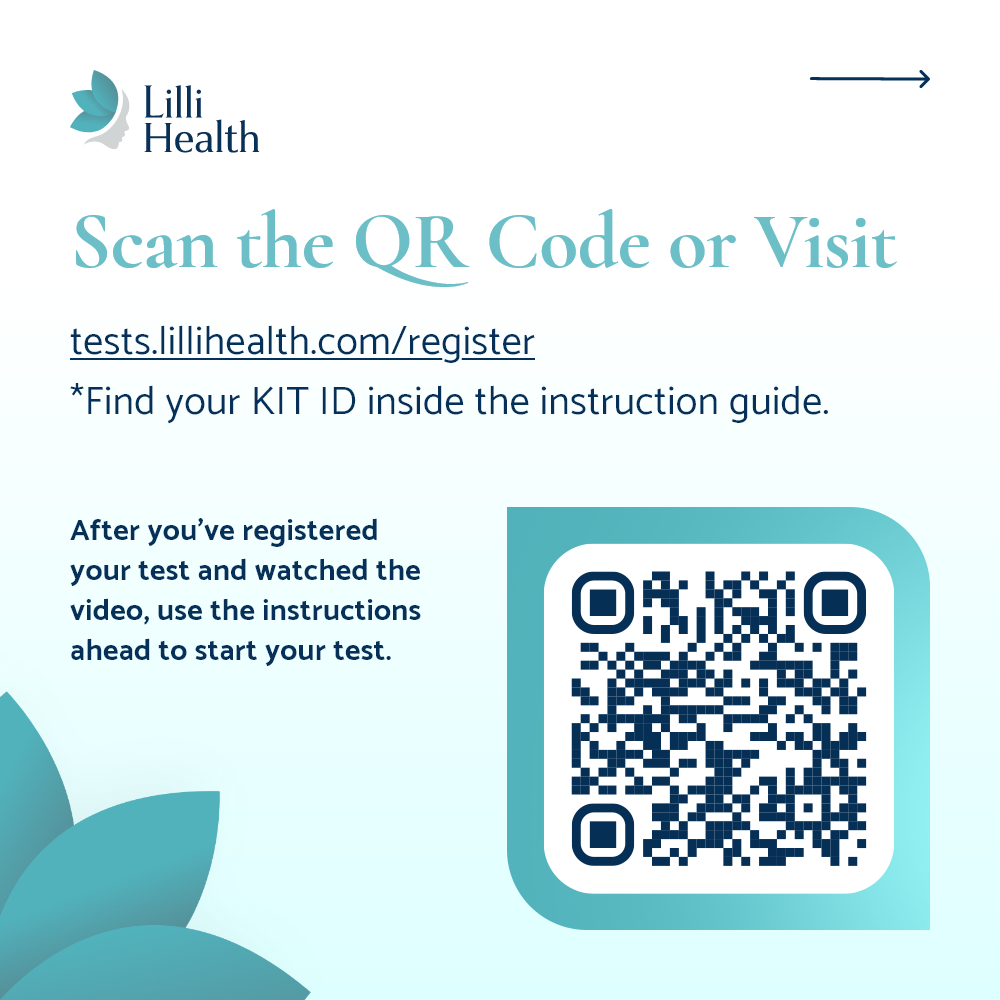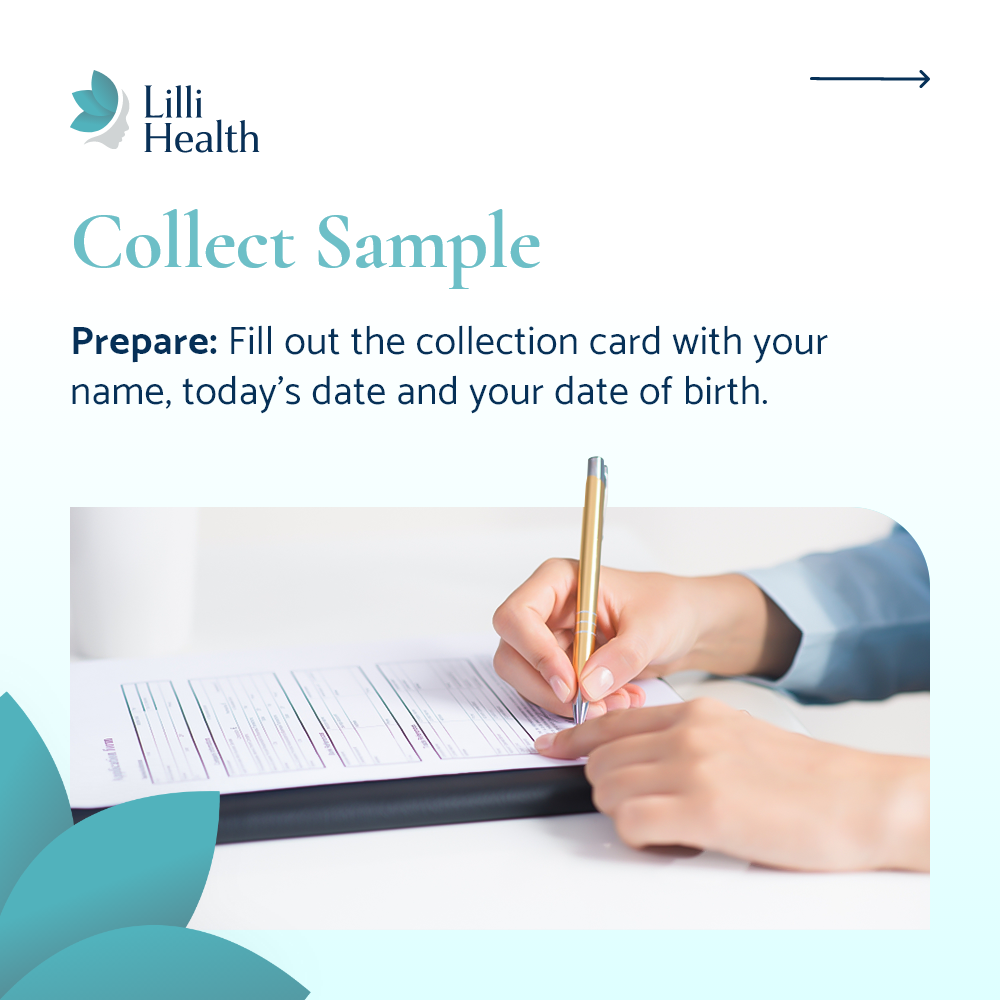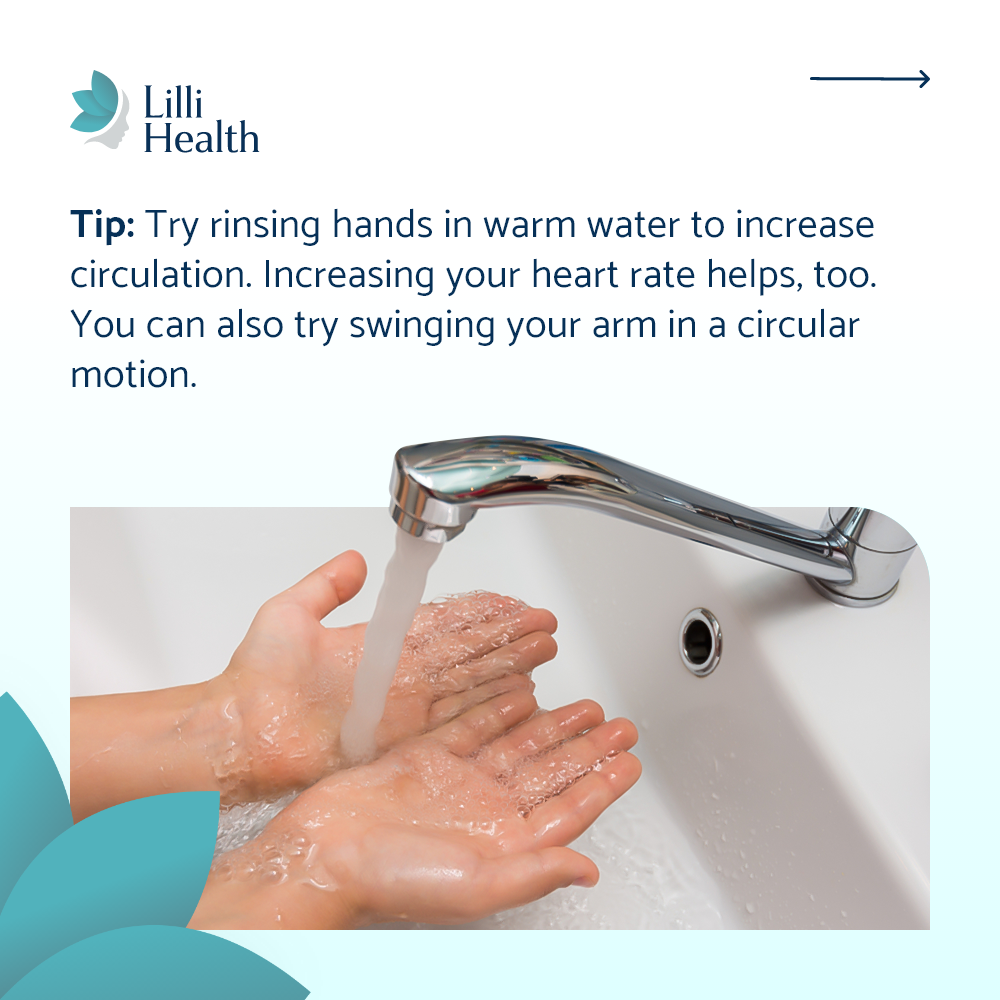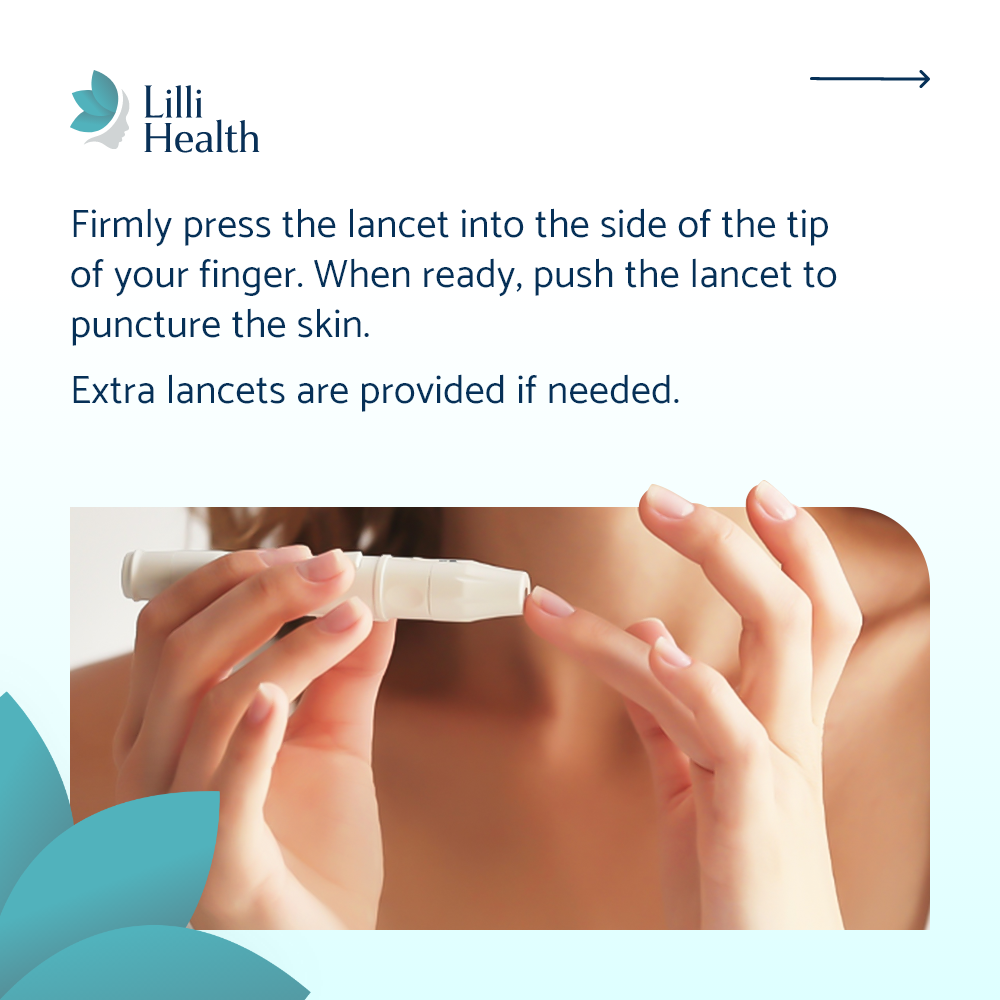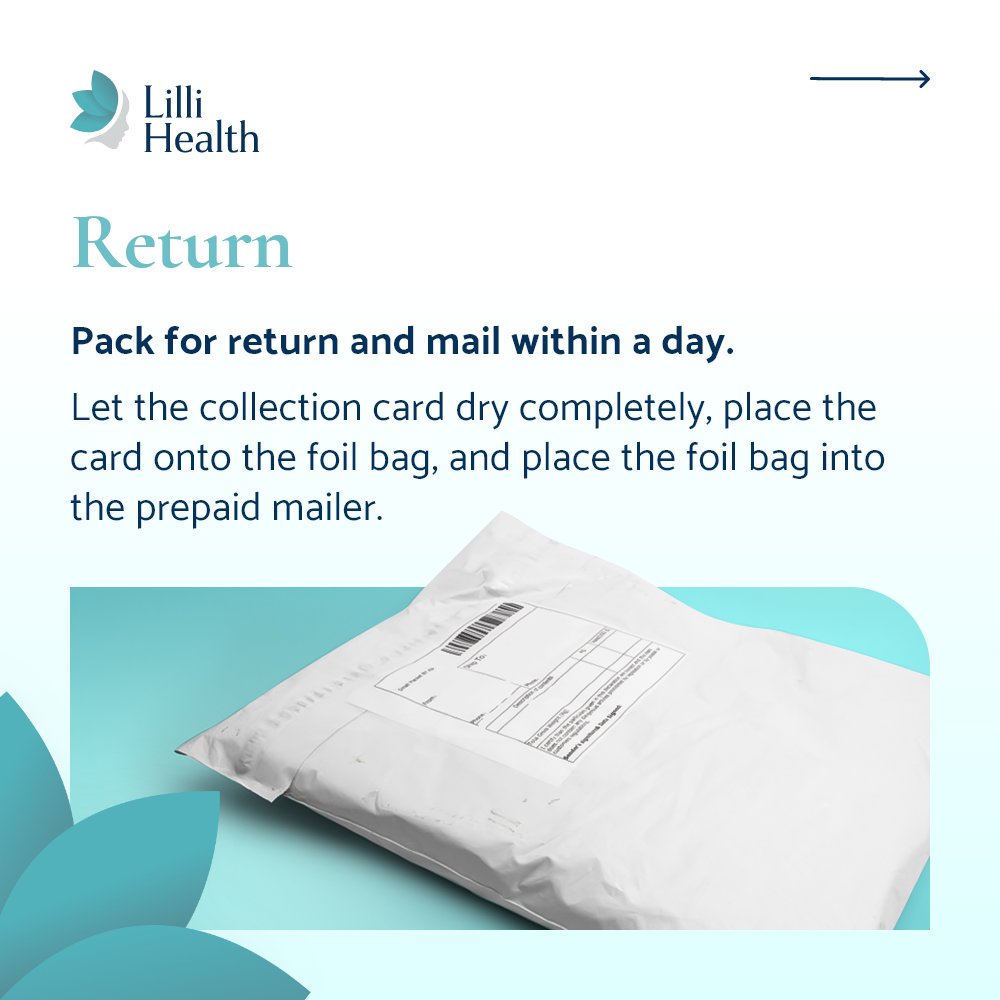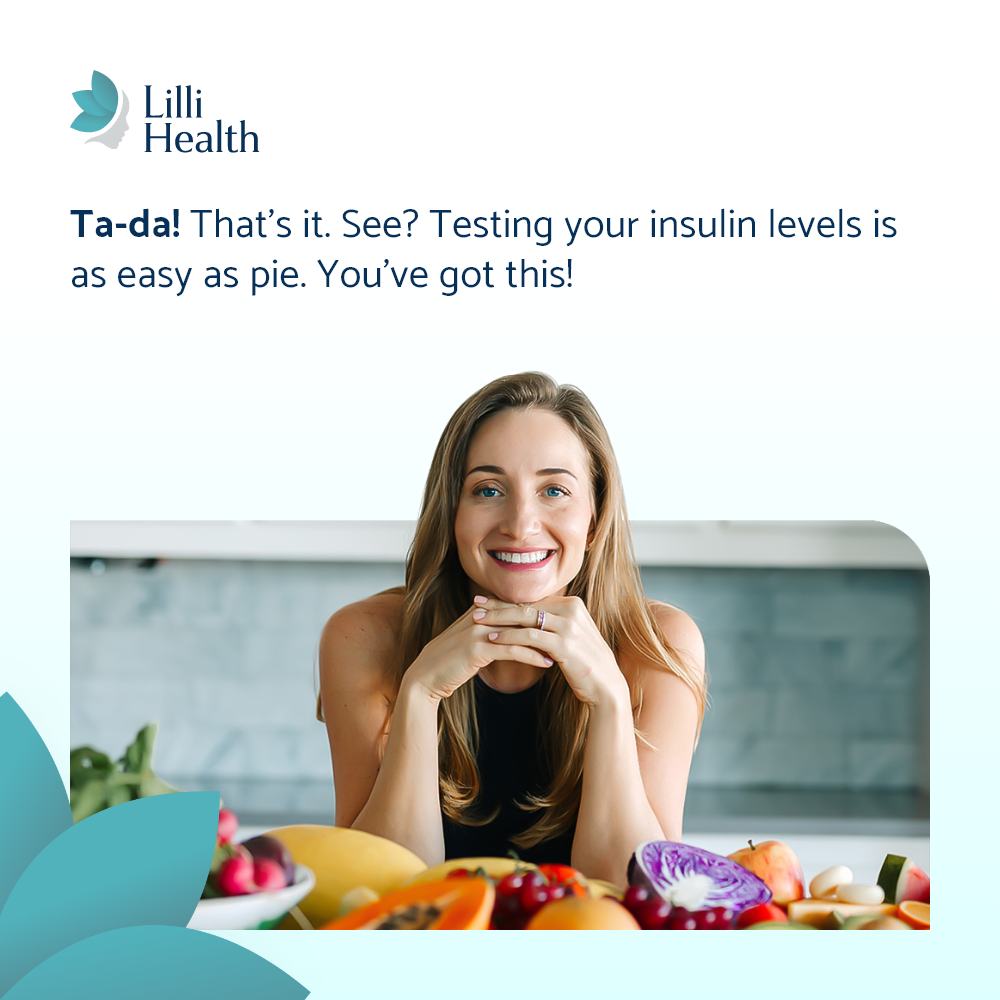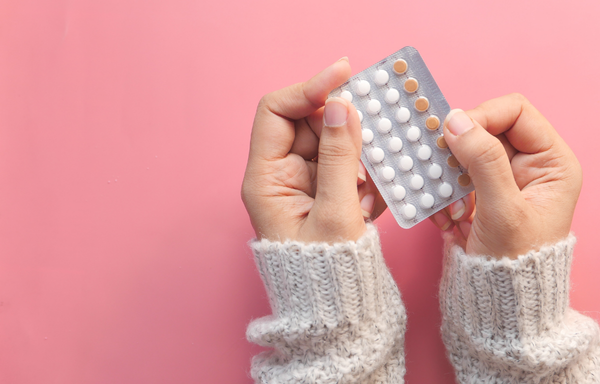

Is Birth Control Just a Bandaid for PCOS? Let’s Talk Honestly
For many women with PCOS, including my own, the story goes something like this:
You walk into your doctor’s office looking for answers. You’re not getting a period. You’re gaining weight. You’re exhausted. You may be breaking out or growing hair where you don’t want it. You’re told you have PCOS—and then, without much discussion, you’re handed a prescription for birth control.
It can feel dismissive. It can feel like your provider didn’t listen. It can feel like they just slapped a bandaid on something without trying to get to the root cause.
And in some cases? That’s unfortunately true.
But let’s unpack this more carefully—because there’s a bigger picture here, and birth control isn’t always the enemy.
Why Is Birth Control Prescribed for PCOS?
Birth control doesn’t “fix” PCOS. It doesn’t cure it, and it doesn’t treat the underlying issue—which is insulin resistance.
So why is it prescribed so often?
Because birth control can manage the hormonal symptoms that come from not ovulating. It can:
- Regulate your cycle (or at least give you a predictable withdrawal bleed)
- Lower androgen levels (like testosterone), which can reduce acne and unwanted hair
- Protect your uterus from long-term risks, like endometrial cancer
Let’s pause on that last one for a second.
What Happens When You Don’t Ovulate for a Long Time
If you aren’t ovulating, your body doesn’t produce enough progesterone. That’s a problem because progesterone is what balances out estrogen in the second half of your cycle. Without it, estrogen goes unopposed.
Unopposed estrogen stimulates the uterine lining to keep growing—month after month—which can increase your risk of:
- Endometrial hyperplasia (overgrowth of the uterine lining)
- Endometrial cancer
So while it might feel like your provider is brushing you off, what they’re often doing is trying to protect you from a very real long-term risk.
Is It a Bandaid? Yes… and No.
Yes, birth control is a “bandaid” in the sense that it doesn’t treat the underlying metabolic cause of PCOS. It doesn’t lower insulin. It doesn’t help restore natural ovulation. And when you come off of it, your symptoms may return, often with a vengeance.
But that doesn’t mean it’s useless or harmful. In many cases, it’s a helpful temporary tool. And your provider may be doing the best they can with what they know.
It’s Okay to Use Birth Control. It’s Also Okay to Want More.
You’re allowed to want more than symptom suppression. You’re allowed to ask:
- What’s driving this in my body?
- How can I work with my body instead of shutting it down?
- How can I support ovulation naturally?
That’s where A Low Insulin Lifestyle comes in. Because high insulin is one of the biggest reasons ovulation gets disrupted in PCOS. And when you lower insulin, you don’t need synthetic hormones to force a cycle—your body remembers how to do it on its own.
But until you get there, you don’t need to feel ashamed or guilty if you’re using birth control. You’re not doing anything wrong. This is your journey, and it’s okay to use the tools available to you while you work toward healing.























